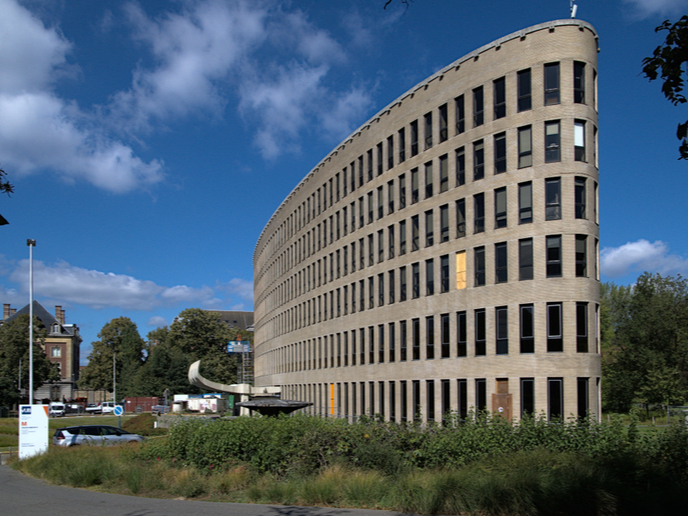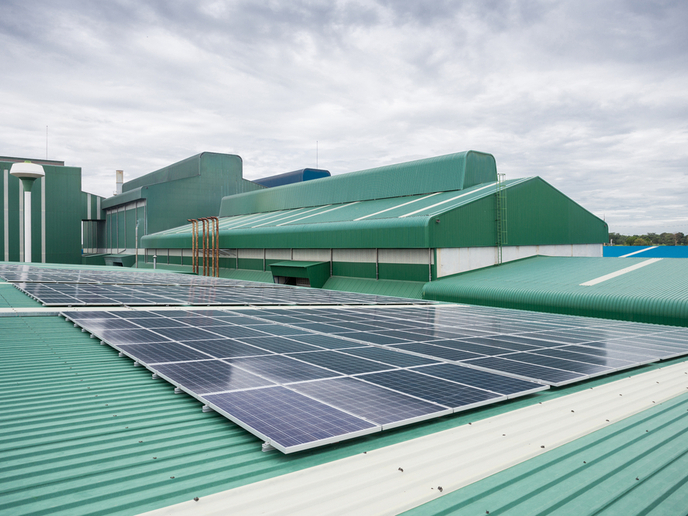Quality assurance for successful energy efficiency services
Ever heard of energy efficiency services providers? Some companies looking into new technologies and measures to make more efficient use of the energy they consume definitely have. But the fact is, most of them have a hard time trusting these providers, and this may partially be due to a lack of information. QualitEE (Quality certification frameworks for Energy Efficiency services to scale up responsible investment in the building sector) aims to set the record straight by providing reliable tools for quality assessment and procurement. These comprise guidelines for quality assessment, financial assessment, and a procurement handbook. “Our toolkit builds trust between consumers, suppliers and financiers. It offers information related to best practices as well as a framework to establish consensus on the definition of good quality services,” says Klemens Leutgöb, coordinator of the project and CEO of Austrian consultancy e7 energy innovation and engineering(opens in new window). The toolkit can be used for self-assessment, from project development to procurement and delivery. It has been developed in close cooperation with stakeholders and tested through 28 pilot projects in 11 European countries. So far, these pilots have led to 33 GWh of energy savings and over 9 200 tonnes of CO2 savings each year. In each of these 11 countries, the team initiated the development of national quality assurance schemes. “We used our toolkit’s quality assessment criteria to form the backbone of these schemes. In most cases, they are at the early stages of implementation, but the scene is set to see them come to fruition,” adds Rodrigo Morell, project lead for quality assurance schemes and managing director at Spanish consultancy CREARA(opens in new window).
Tailored approaches
One of the first things the team identified through their research is the diversity in scope of energy efficiency services projects. QualitEE pilot projects tend to reflect this reality, with investments ranging from EUR 20 000 spent on lighting replacements to EUR 8.5 million invested in deep building retrofits. Likewise, there are various local nuances in markets across Member States. This called for a flexible approach, as Leutgöb explains. “We have defined quality assessment criteria that can be applied in the assessment of an energy efficiency service of any size or scope or based on any approach . They reveal whether the critical components for success have been addressed in the development of the service rather than forcing a particular approach or standard contract. Besides, we have defined a master set of quality assessment criteria at the European level. It sets a common framework for national adaptations that accommodate local market nuances.” In the end, the project team had to find different institutionalisation approaches to quality assessment depending on the country at hand. While some countries like Spain were already saturated with certification schemes – calling for enhancements of existing schemes rather than new ones – others had none or required new schemes complementary to existing ones (e.g. the UK). Thanks to surveys in 15 European countries, the project could also build an extensive database of energy efficiency services markets – covering both energy performance contracting (EPC) and energy supply contracting (ESC) – that can be explored on its official website(opens in new window). The team compared results collected in 2017 and 2019 with earlier surveys from 2013 and 2015. It notably found that EPC markets are growing, that the EPC concept was generally perceived as too complex, and that pressure to cut energy costs drives the entire market. Stakeholders are generally very satisfied with the work done under QualitEE. Ultimately, the team hopes that the project will stimulate growth by driving improvements in trust, information and standardisation.







